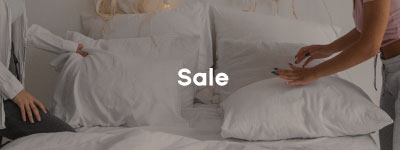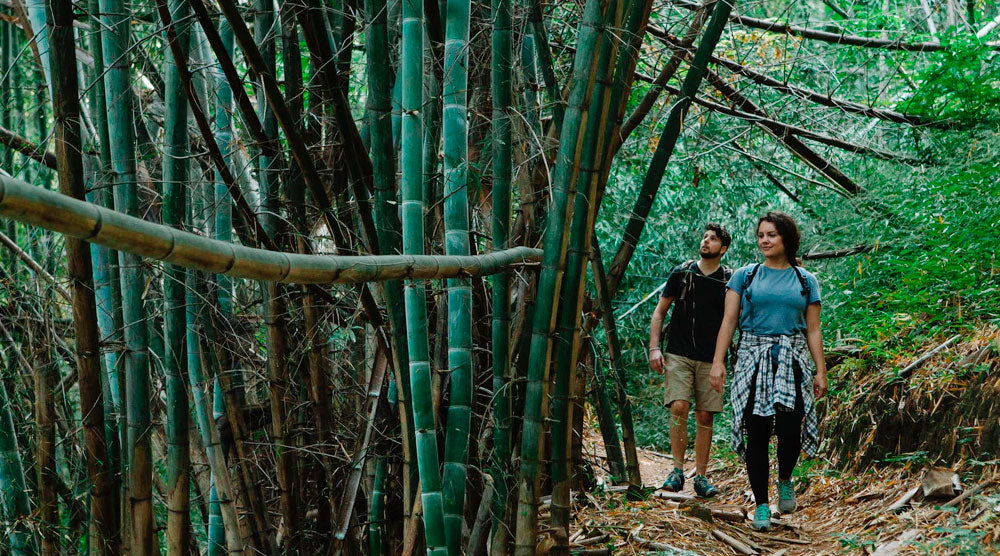Everyone spends a third of their lives — around 25 years! — in bed. Naturally, we want bedding that makes us feel the most comfortable, and which may sometimes seem the most cost-effective.
But are we aware of how our sheets are made? According to A New Textiles Economy Report 2020, in just one year, plastic-based fibres such as polyester use up to 340 million barrels of oil, and cotton production requires a whopping 200,000 tonnes of pesticides and 8 million tonnes of fertilisers.
At SONIVE Bedding, we believe in textile diversity. We know this industry is dominated by cotton and polyester, so we choose to work towards a viable textiles economy by using materials such as bamboo.
Bamboo, for example, is a hugely sustainable plant to grow. It only needs rainwater instead of irrigation, and no fertiliser is required to boost its growth. On its own, it’s been found to grow around 47.6 inches in 24 hours! Its impact on its surrounding environment is positive as well — one grove of bamboo releases 35% more oxygen than a grove of trees.
Although the concern with the bamboo production process lies with chemical usage, our bedsheets are made with materials tested for harmful substances, in environmentally friendly, safe, and socially responsible, facilities.
Here are two main ways we stay sustainable in our bamboo production.
1) Chemical usage
The rayon in ‘bamboo rayon’ sheets are first generation cellulose fibres, which can require a lot of chemicals to process. Typically, the leaves and shoots of bamboo are dissolved in a chemical solution to create a mushy substance, then spun and woven into bamboo fibres that make up the sheets.
To combat any chemical waste, we work with China’s largest cellulose fibre production and R&D base to recover any chemicals used in the manufacturing of our products. This is a guarantee that all our products have no harmful substances, and have been created responsibly.
2) Water conservation
Not only does bamboo rayon use 80% less water than the cultivation of cotton, all water released from our processes is completely potable! We employ a strict water treatment protocol to ensure that there are as little harmful by-products as possible.
Ultimately, even though bamboo has one of the lowest carbon footprints, you have a huge part to play as well. Our studies have shown that the biggest contributor to the carbon footprint of pir bamboo bedding comes down to how it is cared for at home, so adopting sustainable practices can go a long way in reducing our drain on resources.
Just by doing something as simple as air-drying your bed sheets instead of tossing them in the dryer can reduce the carbon footprint of each wash by half!





